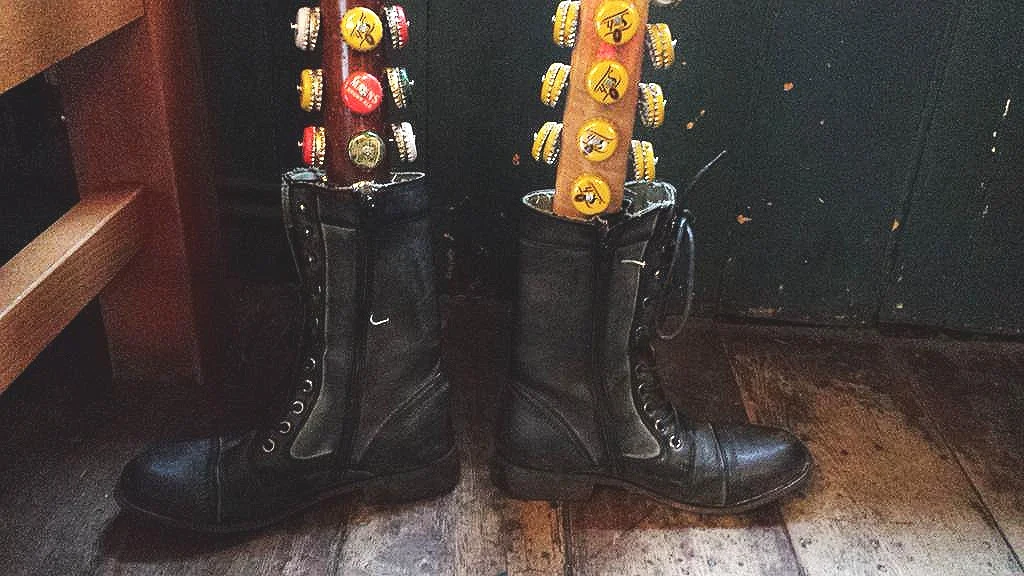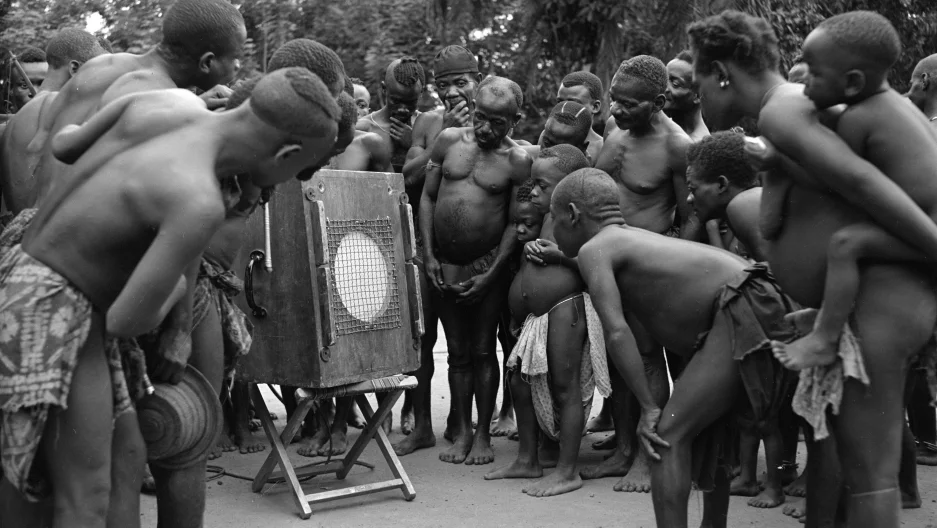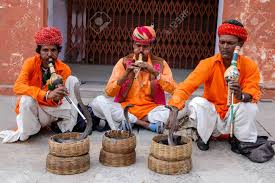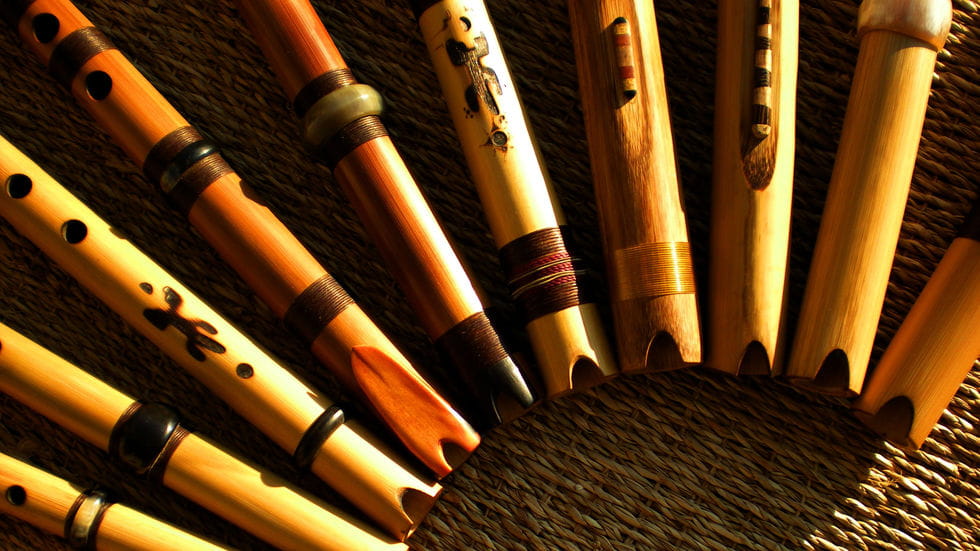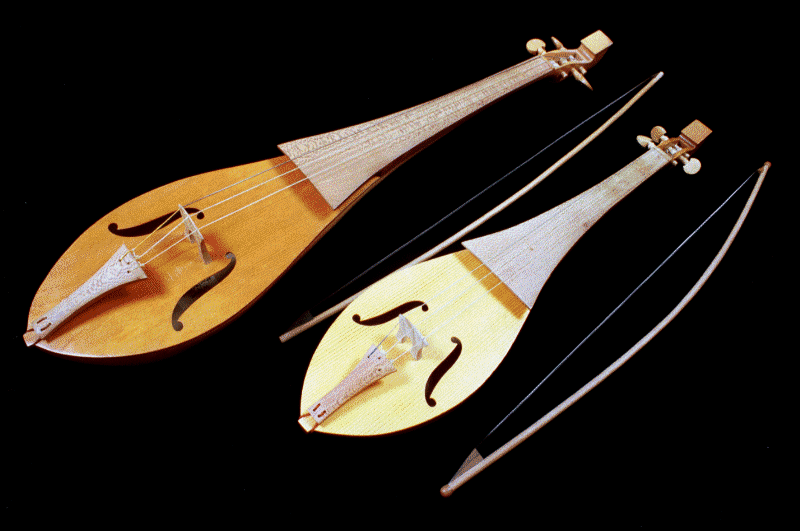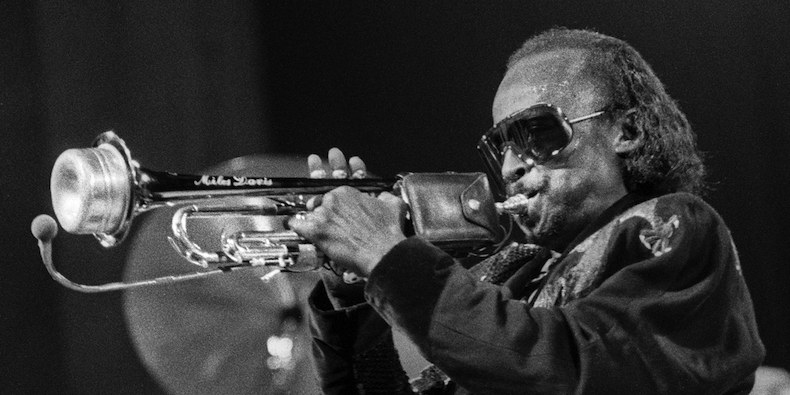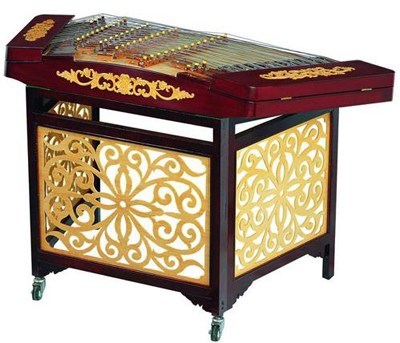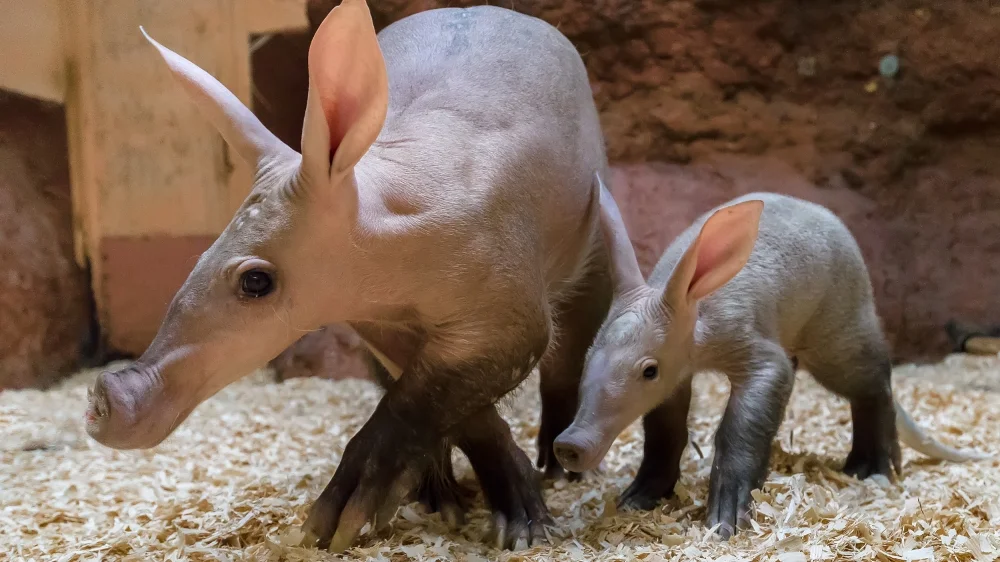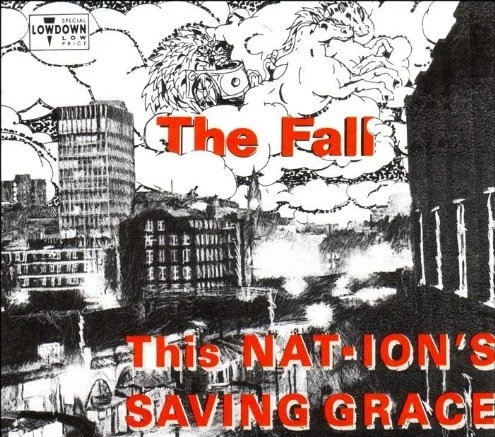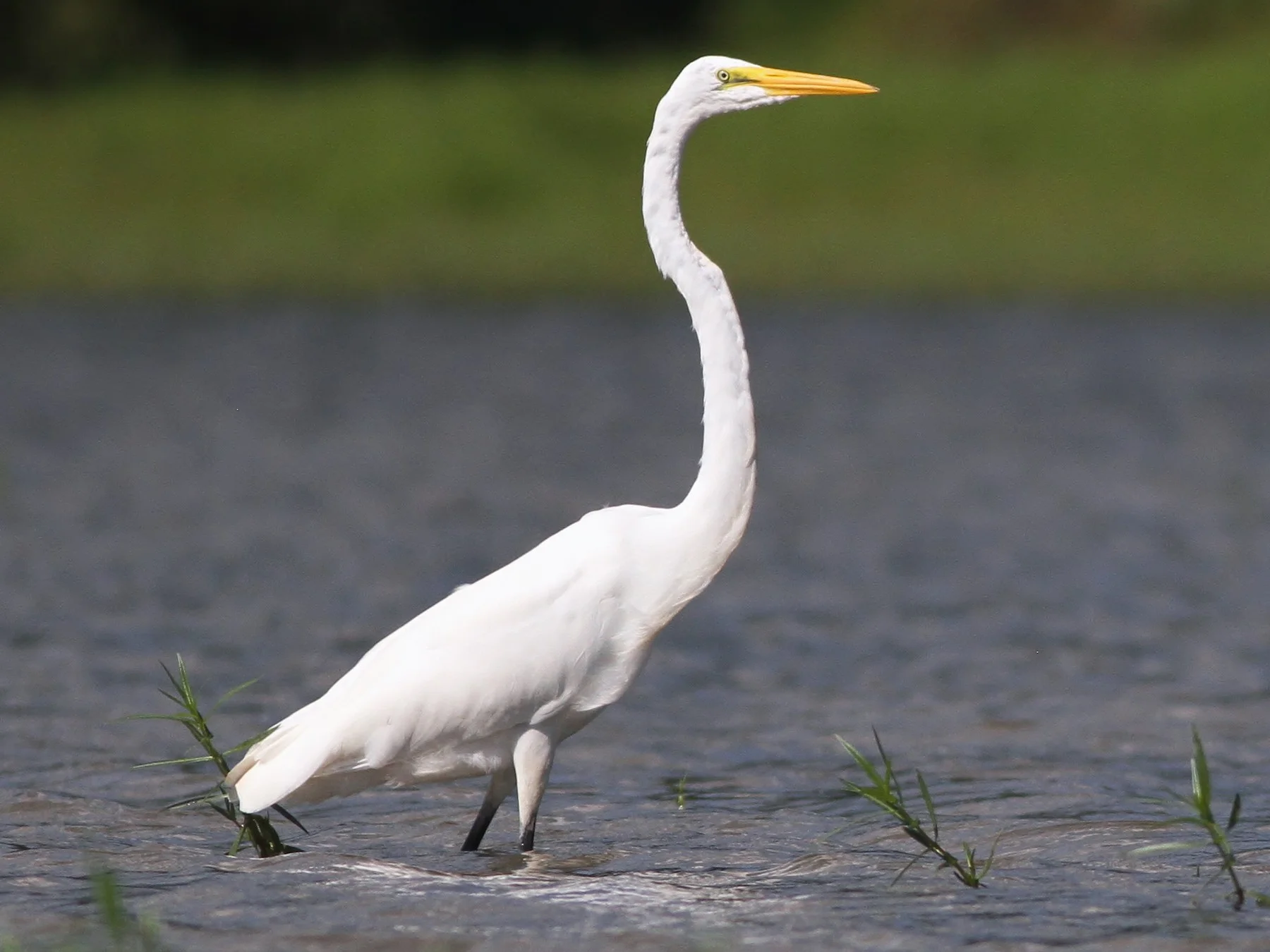Word of the week: The Australian name for the Mendoza, Mendozer, Monkey Stick, Murrumbidgee River Rattler, or Zob Stick, this ultimate pub instrument is a shake-and-bang percussion stick or pole is mostly made from nailed-on beer bottle tops
Read moreWord of the week: lagerphone
Sticking the boot in …

